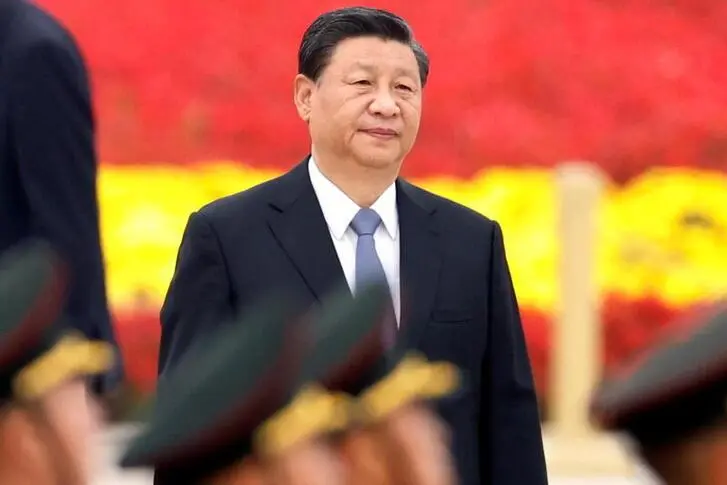PHOTO
(The author is a Reuters Breakingviews columnist. The opinions expressed are his own.)
HONG KONG - Climate activists and Western governments are disappointed that China’s president Xi Jinping appears unlikely to attend the upcoming United Nations climate summit in Glasgow. Beijing’s updated plans to cap emissions, unveiled on Tuesday, look unimpressive to boot. Investors and negotiators, though, would do well to separate diplomacy from environmental reality.
The international community is eager for the People’s Republic, now the world’s largest energy consumer and emitter of greenhouse gases, to clean up its environment faster; without China pitching in, the global push to rein in rising temperatures will probably fail.
This eagerness hands China a potent negotiating lever. Western leaders like U.S. President Joe Biden want more ambitious gestures from the country. Beijing’s canny negotiators will therefore not give them anything for free while heavy American tariffs and sanctions remain in place, and an investment deal with Europe is stuck on the ice.
Yet at the same time Beijing must continue to reduce pollution at home as quickly as it can. That may not be going as fast as trade partners want, but there is progress. Whether Xi makes it to Glasgow or not is largely a distraction. He has been vocal about combatting climate change, most recently in September promising to halt China’s troubling practice of building coal-fired power stations overseas as part of its Belt and Road infrastructure initiative.
China has been slow to lay out how it will cap emissions by 2030 while its emissions and conventional energy consumption are still rising. It is hardly alone in this. Its new commitment, though, to convert to clean buildings by 2025 is to be cheered; sloppy construction standards make Chinese real estate a major waster of power. It’s also embarking on laudable campaigns to convert the automobile fleet to battery power and clean up the grid.
The political and economic fact is Xi must move cautiously to implement clean energy policies with his economy in disarray, as the wave of recent electricity outages – which were aggravated by tougher environmental regulations - demonstrates. But he cannot ignore the political, economic and security problems implicit in China’s pollution-intensive development model. Those are ultimately his problems, not Biden’s. Xi may be playing hard to get in Glasgow, but he has no choice but to play along in the end.
CONTEXT NEWS
- China’s State Council, the country’s cabinet, on Oct. 26 outlined how it expects carbon emissions within its borders to peak before 2030.
- The plan includes accelerating the construction of a new electricity system, replacing and upgrading coal-fired energy systems, and further developing hydroelectric and nuclear power. Installed capacity of solar and wind power is expected to exceed 1.2 billion kilowatts by 2030.
- The cabinet expects CO2 emissions per unit of GDP to fall by 18% from 2020 to 2025. Non-fossil fuels are expected to account for a 20% of energy consumption by 2025 and 25% by 2030, by which time CO2 emissions per unit of CO2 will be 65% lower than in 2005.
(The author is a Reuters Breakingviews columnist. The opinions expressed are his own.)
(Editing by Antony Currie and Katrina Hamlin) ((For previous columns by the author, Reuters customers can click on SWEENEY/ SIGN UP FOR BREAKINGVIEWS EMAIL ALERTS https://bit.ly/BVsubscribe | pete.sweeney@thomsonreuters.com; Reuters Messaging: pete.sweeney.thomsonreuters.com@reuters.net))





















